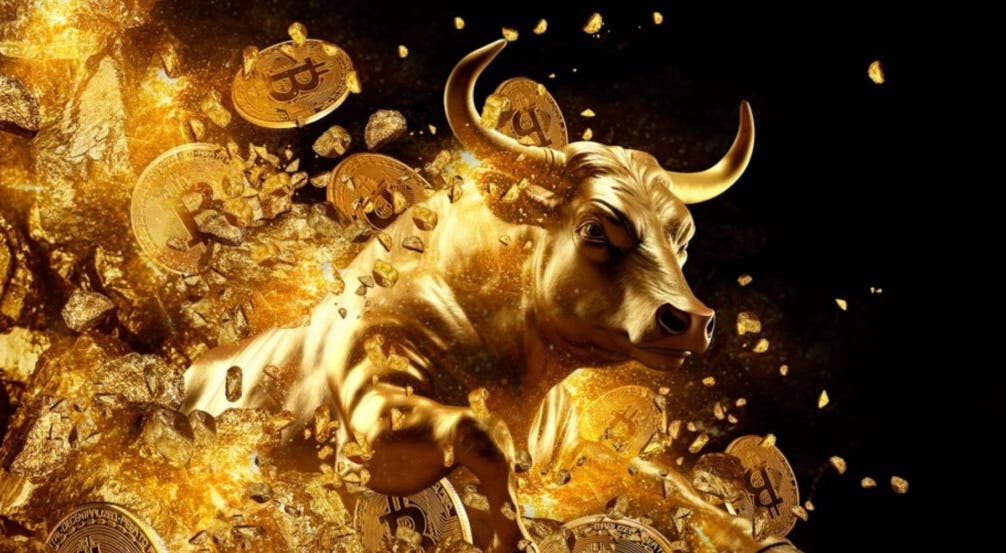Bitcoin's Historic Market Cycle Nearing End With The Halving Event? Expert Says Crypto Market To Undergo Major Changes ETFs, Bitcoin, CoinDesk, BlackRock, Halving event, Daniel Polotsky, Institutional investors by https://www.benzinga.com/

AI Insights:
Simple Explanation:
This article is about a digital money called Bitcoin that people can use to buy things or save for later. It says that every four years, something special happens with Bitcoin that makes its value go up a lot. This special thing is called the "halving event". The person who wrote this thinks that because more big companies and other ways of investing are getting involved with Bitcoin, the usual pattern might change after the next halving event. Read from source...
Critical Perspective:
- The article title is misleading and sensationalized, implying that the end of Bitcoin's market cycle is imminent and that it will have a major impact on the crypto market. However, the article does not provide any concrete evidence or analysis to support this claim.
- The article relies heavily on an interview with CoinFlip's CEO AIiel Polotsky, who has a vested interest in promoting his company and its services. His opinions and predictions are not backed by any objective data or research, and he admits that the halving event may not have a significant effect on the market cycle.
- The article fails to consider other factors that may influence Bitcoin's price movements, such as regulatory changes, technical developments, adoption rates, and competition from other cryptocurrencies. It also ignores the historical patterns of previous halving events and how they have affected Bitcoin's performance in the long term.
- The article uses emotional language and exaggerated claims to create a sense of urgency and excitement among readers, such as "march madness", "unprecedented heights", and "major changes". This may appeal to some investors who are looking for quick gains, but it also creates unrealistic expectations and increases the risk of making poor decisions based on fear or greed.
- The article includes irrelevant information and promotional material, such as links to Benzinga's services and products, which may compromise its credibility and objectivity. It also features unrelated topics, such as personal finance, real estate investing, and cannabis conference, which have no direct connection to Bitcoin or the crypto market.
- The article does not provide any balanced or critical analysis of the potential impacts of ETFs and institutional investors on the crypto market, nor does it acknowledge the possible advantages or disadvantages of their involvement. It simply assumes that they will disrupt the traditional market cycle without examining how or why this might happen.